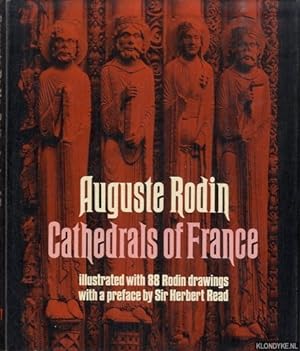12 Years a Slave by Solomon Northrup 259 pages
This is the true story of Solomon Northrup, born a free man like his father before him in New York state. He was living the life most people wish for, a loving family, wife, two children, a beautiful house, respect from his family, neighbors and peers and a good livelihood to make it all work. Solomon enjoyed playing the fiddle and was so good at it, he got lots of bookings one such booking led him into the notice of two scoundrels who coerced him to join them to play violin at their "circus." They wooed him with the promise of such a fortune in money he could not refuse and gladly went with his new 'friends." Alas they were deceivers and drugged him and bound him, stole all of his papers and sold him downstream to slavers who put him on the block and sold him. The poor man had no way to prove his status as a Freeman and ended up being forced into manual labor and continued beatings from many of the slave owners he was farmed out to. Many were bullies, cruel, heartless souls who took out their moods on him with lashes from the whip, their fists, their dogs or their cat o' nine tails. Though everyone he came in contact with knew he was different they assumed him to be a slave from Georgia as was forged on his bill of sale and put him to manual labor from dawn to dusk at whatever hard tasks they came up with. How this poor man endured and he also describes the terrible situations the other slaves on the plantations and farms he worked on went through. The tearing apart of families and the shameless treatment dealt by man and woman alike are enough to bring tears to the readers eyes. Thank God for the abolitionist who helped him out of his trouble and back home with a measure of justice dealt to those who treated him so badly. Excellent book. I recommend it to all ages. It harsh but truth is that way sometimes and cannot be ignored if we are to learn from the past.
Posted by Shirley J.

















